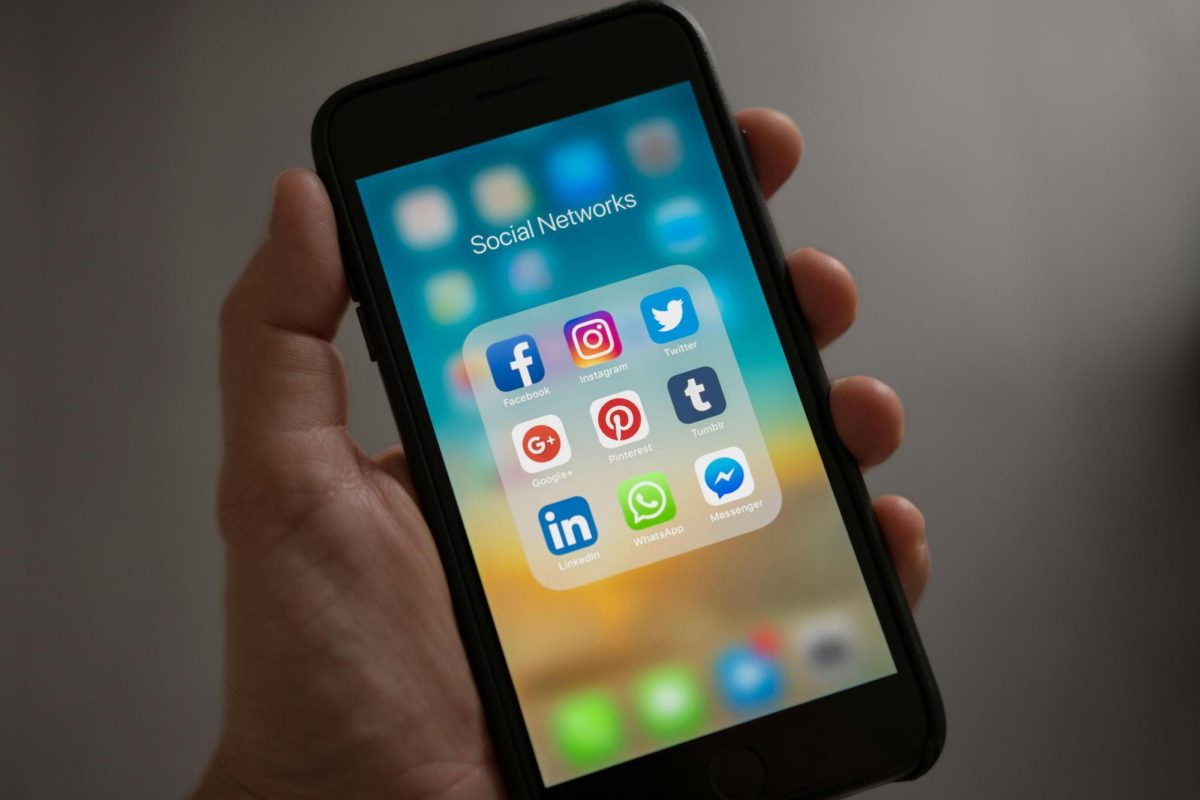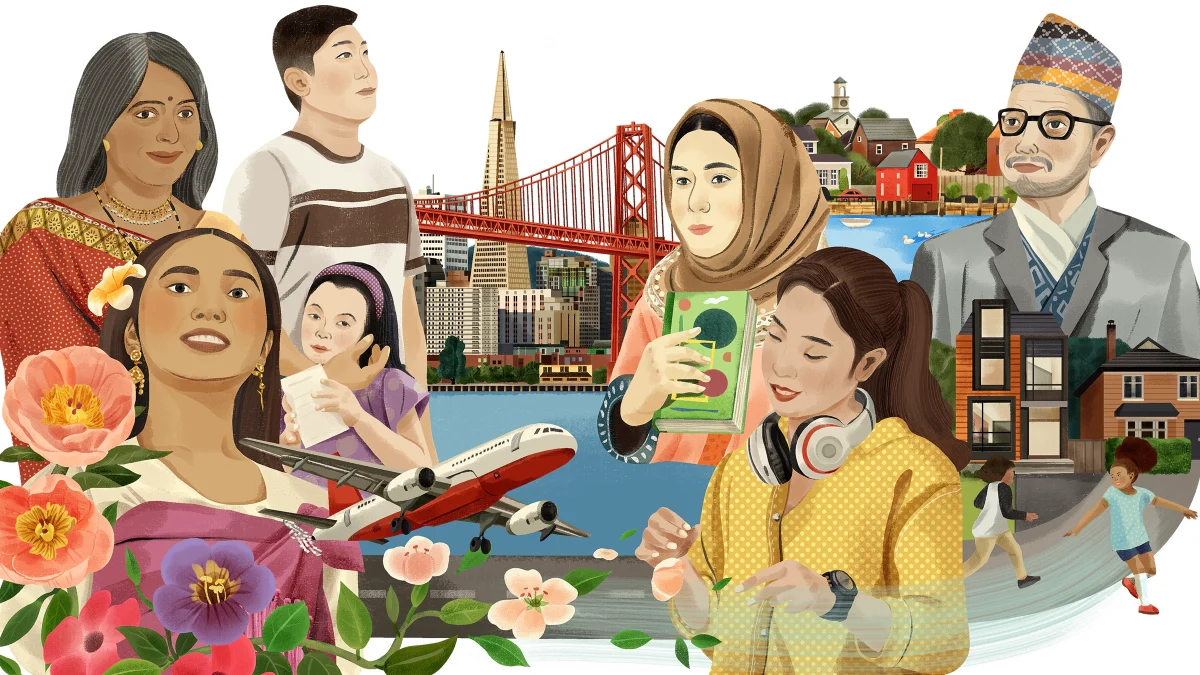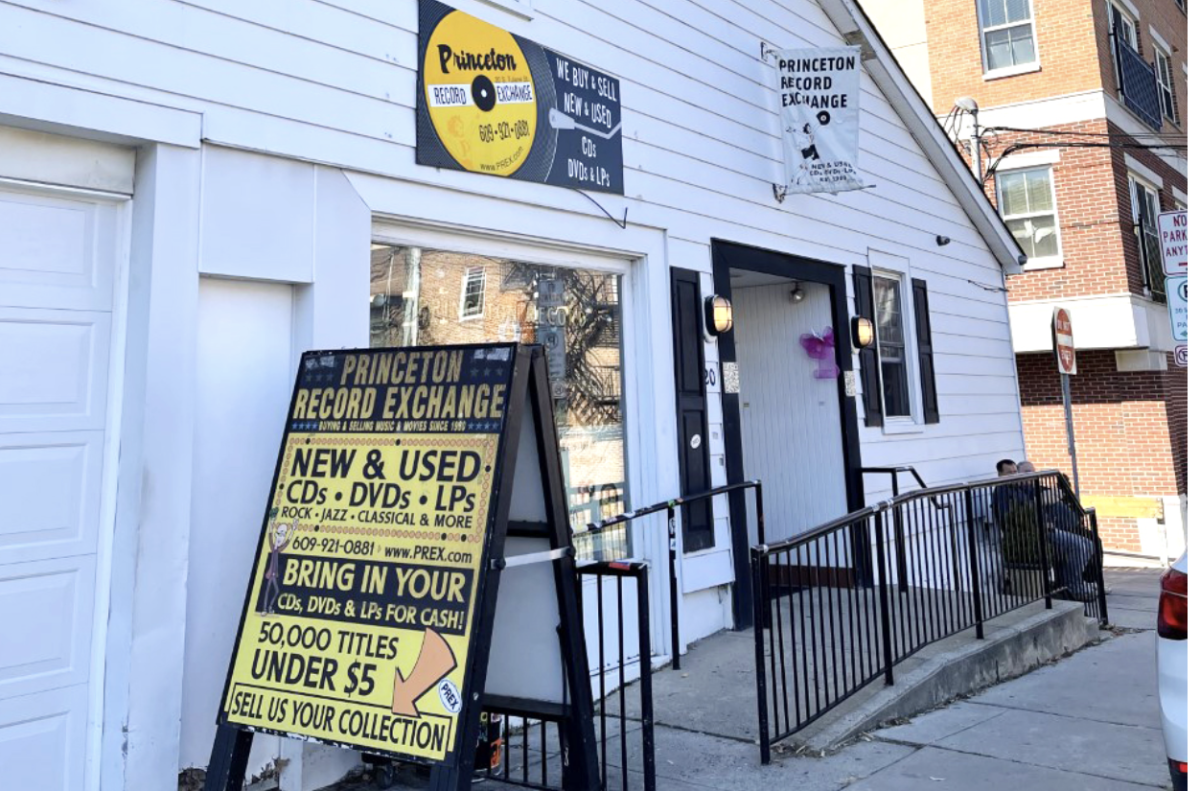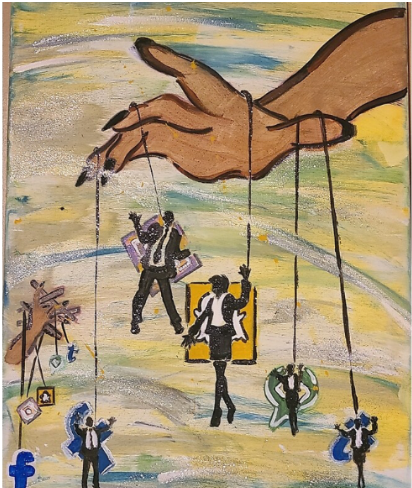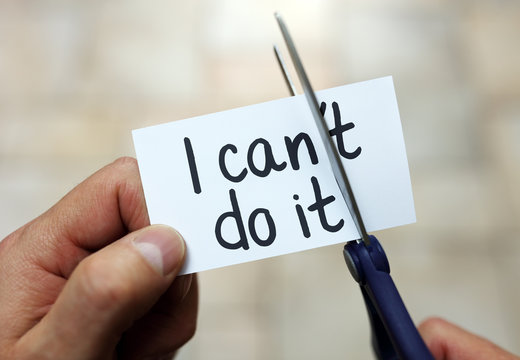In recent years, social media has become so ingrained in our daily lives, that I feel we have lost a slight touch of our true reality. We are usurped into this world of extremities and technology. By interacting with a lifeless screen, people have lost the ability to understand, or at the very least listen to others’ differing opinions. It is very easy to forget that behind that inanimate screen is a very real person. And should you decide to share your opinions, they have to fit a certain box, a certain label. Each opinion is black or white, this or that, one or the other. There is no more middle ground.
Lest I sound too philosophical, or like a man withered with age, reminiscing about the times of no technology and doctors prescribing cigarettes, let me start from the beginning.
We, as a species, have always believed what is before us first. Sight is the most reliable sense for us to trust. Therefore, it is easy to forget that behind that screen, there is a sentient being with their thoughts and opinions, much like you and I. And with the COVID-19 pandemic, it goes without saying that our social interactions shifted to our devices. With each passing day in 2020, the sight of other humans was becoming more and more of an aberration. Several articles have been written about the “empathy deficit” in the U.S. The effect of the air hugs, the zoom calls, and the acquired habits of a hobbit.
Not to mention, the political polarization occurring through misinformation and propaganda spread by many (including our leaders), caused major extremist takes on everyday life. There was an inflation of fake news online because of the power to just publish whatever one wanted, regardless of its credibility, or lack of revision. With all this misinformation spreading, people were unsure of what to believe and oftentimes disregarded actual issues because of it. That’s where many government leaders and notable figures stepped in, and told their take on the matter, no matter how outlandish it seemed.
During the pandemic, crimes regarding race were very real and very frequent. There were the “Black Lives Matter” protests, and the “Stop Asian Hate” movement. Despite what political party you believe in, it doesn’t change the fact that these crimes were taking place. It doesn’t take a Republican to say that “yeah, people of color were targeted” to be true. Over time, even views on the hate crimes occurring were associated with red or blue, liberal or conservative, democrat or republican. You couldn’t believe something without unknowingly shackling yourself to a political view. This reaction can be seen with several ideas circulating at that time. Vaccines, face coverings, rights stated under the constitution, credibility of doctors, credibility of leaders, past or present. Matters about gender, race, and even hair color were based on your political alignment.
Of course, it is not uncommon for multiple people of the same party to share common views, and for opposing parties to have opposing views. But in terms of political parties, “opposing views” means how the country should be run, or what changes to the government should be made. Not whether or not people of color should be treated with respect. We’ve forgotten that while it may be that there are two opposing parties, it was not meant to be an enmity between the two. Both parties focus on one thing, and one thing only:
The betterment of the country.
And subsequently, the betterment of the quality of life, the rights of the people, and the functionality of the state. The only difference is the means of how to get there.
But, let’s backtrack a little. Now, you’ve got highly differing views, political agendas, and an increased lack of empathy and social interactions. You’ve essentially gotten yourself a cyber civil war. Fights weren’t taking place between rational, human beings. No, showdowns were happening between one screen and another, not on a battlefield, but in their basement with the lights dim, or by “stitching a TikTok” while reacting to food being made. Shots were taken from the safety of your house.
The hate seen online was unmatched. It was as if you pitted the country against the other, and the people who were stuck in the middle were caught in the crossfire. It was online pandemonium. Data leaks, private information, and sensitive topics were leaked and out of control. A good majority of the country forgot what it meant to be part of the United States of America.
The laws of cyberspace are nonexistent, the domain of the land free to whoever wishes to join. Yet after trying to restrict the hate speech, and before you know it, you might get yourself into a 1984 situation. There is a fine line to make sure people are safe online, but the infringement of their rights does not occur when doing so. But if we want to stop the government from meddling in our online affairs, we need to change how we act.
Get it through the skulls of the ignorant that they are talking to a real person. If you wouldn’t talk to your grandma like that, then don’t talk to someone online like that as well. If you berate people for having different viewpoints than you or shame them for not knowing about a topic, that does not help at all. In fact, in doing so, you lessen the chances of that person taking the time to educate themselves, and learning how to think for themselves. It is not your “civil duty” to make sure everyone thinks just like you. If you see something you believe is false, do more research, ask questions, and listen with an open mind. The same goes for the people answering the questions. Do not insult someone’s intelligence for not knowing as much about a topic as you. Encourage other people to educate themselves, make their own opinions, and turn the internet into a well-conducted forum where everyone can be treated equally, and respectfully.
No matter where you stand on the matters of the world (and whether or not it is dying), it doesn’t take a genius to see that the world we live in is becoming a twinge darker every day. Take the time to be kind to someone, no matter how painstakingly infuriating you find it to be. Even if someone is rude online, treat them with kindness. What someone does to you is their karma. What you do in response is yours. You feel so much better and less tethered to the grounds of unhappiness and impending doom if you are just nice. The world has changed a lot in the past 20 years, the internet is becoming more and more of a prominent presence in our lives as each day passes.
By changing how we conduct ourselves on the internet, we can slowly come back together as a unified country, and show the world exactly why the United States of America is the powerhouse of the world.
